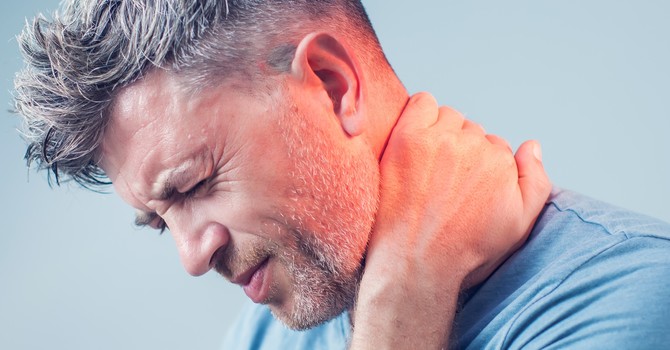
What are concussions?
Concussions are injuries to the brain that result in the temporary loss of normal brain function. These brain injuries can usually be caused as a result of a blow to the head and may result in loss of consciousness but this is not necessary. More often than not, there are no external signs of head trauma. Concussions are not something to be taken lightly as they can cause extreme damage to the brain to the point where one may never be able to recover from. Let us break down what exactly happens to an individual when they suffer from a concussion.
How are they caused?
Concussions are one of the most easily acquired injuries, whether it be from sports, car accidents or just a regular fall, they are injuries that affect the mass population. The skull may protect the brain against penetrating trauma, however, it does not absorb all the impact of a violent force. The brain is cushioned by the surrounding cerebrospinal fluid, however, an abrupt blow to the head or a sudden deceleration can cause the brain to come in contact with the inner side of the skull. This can result in the bruising of the brain, the potential tearing of blood
vessels, and the pulling of nerve fibers. This can alter the balance of the ions and chemicals in the brain, which impair nerve cell function and contribute to the loss of consciousness. It is important to seek immediate medical attention after dealing from a blow to the head and the following warning signs are felt:
- Pain
- Motor dysfunction
- Sensory difficulties
- Cognitive difficulties
- Speech difficulties
There are three different levels to a concussion: mild (grade 1), moderate (grade 2) or severe (grade 3). All three levels should be taken with equal seriousness, as they are just as impactful to the brain as the other.
Grade 1: Symptoms last for less than 15 minutes with no loss of consciousness
Grade 2: Symptoms last for longer than 15 minutes with no loss of consciousness
Grade 3: Symptoms last for longer than 15 minutes in addition to a loss of consciousness

Signs and Symptoms
It is important to recognize signs and symptoms for concussions right away and to stop all physical activity right away to ensure maximum recovery time in minimal time.
Signs and symptoms include:
- Confusion or dazed feeling
- Clumsiness
- Slurred speech
- Nausea or vomiting
- Headache
- Balance problems or dizziness
- Blurred vision
- Sensitivity to light and noise
- Sluggishness
- Ears ringing
- Behaviour or personality changes
- Concentration difficulties
- Memory loss
- Fatigue
-
Concussion symptoms may arise immediately or may be delayed for hours or days after injury.
How can they be prevented?
Concussions can easily be prevented by following the proper protocol in terms of safety equipment. Some safety tips for preventing concussions include wearing the proper safety equipment whether it be for sports or work (helmets and mouth guards), only participating in sports when energized and not fatigued, following all safety rules while in different environments (pool, workplace, sports field), always driving with seatbelt on, and removing hazards from home that can contribute to falls.
How long does it last and what is the treatment?
In most cases, concussions can last anywhere from 7 to 10 days, however, if the correct protocol isn’t taken recovery can take longer. In addition, if the correct recovery procedure isn’t taken, a condition called post-concussion syndrome can develop. Post-concussion syndrome can take up to several months or even longer to heal where headaches and other concussion symptoms can be present.
The best way to treat concussions are through rest. Long periods of sleep with minimal light and a restrain on physical activity. Some other forms of treatment include:
- Limited screen time (TV, phone, video games)
- Shortened school or workdays
- Pain relievers (Ibuprofen should be avoided as they can result in increased bleeding)
- Once symptoms begin to resolve, slowly getting back into the light, then moderate, then vigorous activity
Post-concussion, it is important for athletes to revisit the doctor to take a concussion test to ensure that it is okay for them to return to activity.
Resuming daily life tasks, and physical activity too soon can result in the increased risk of a second concussion and potentially an even more serious head injury such as something fatal.
Sumen Singla
Contact Me


